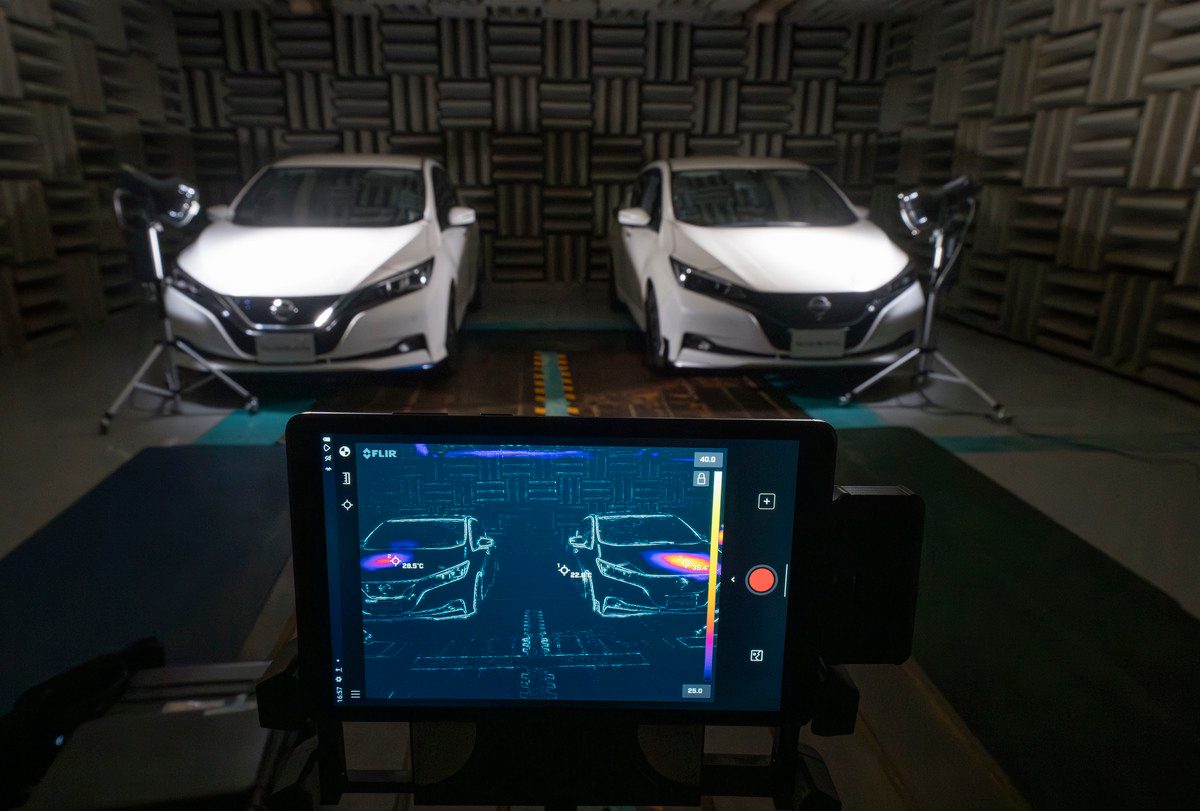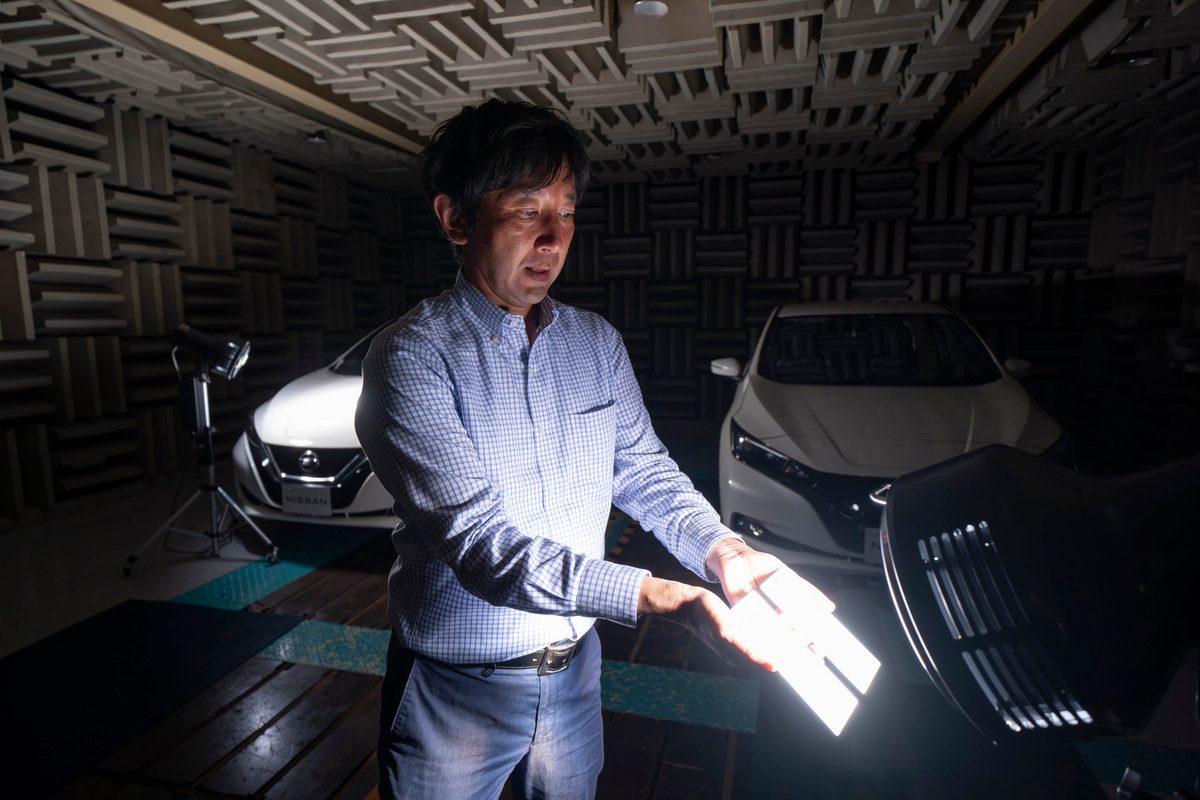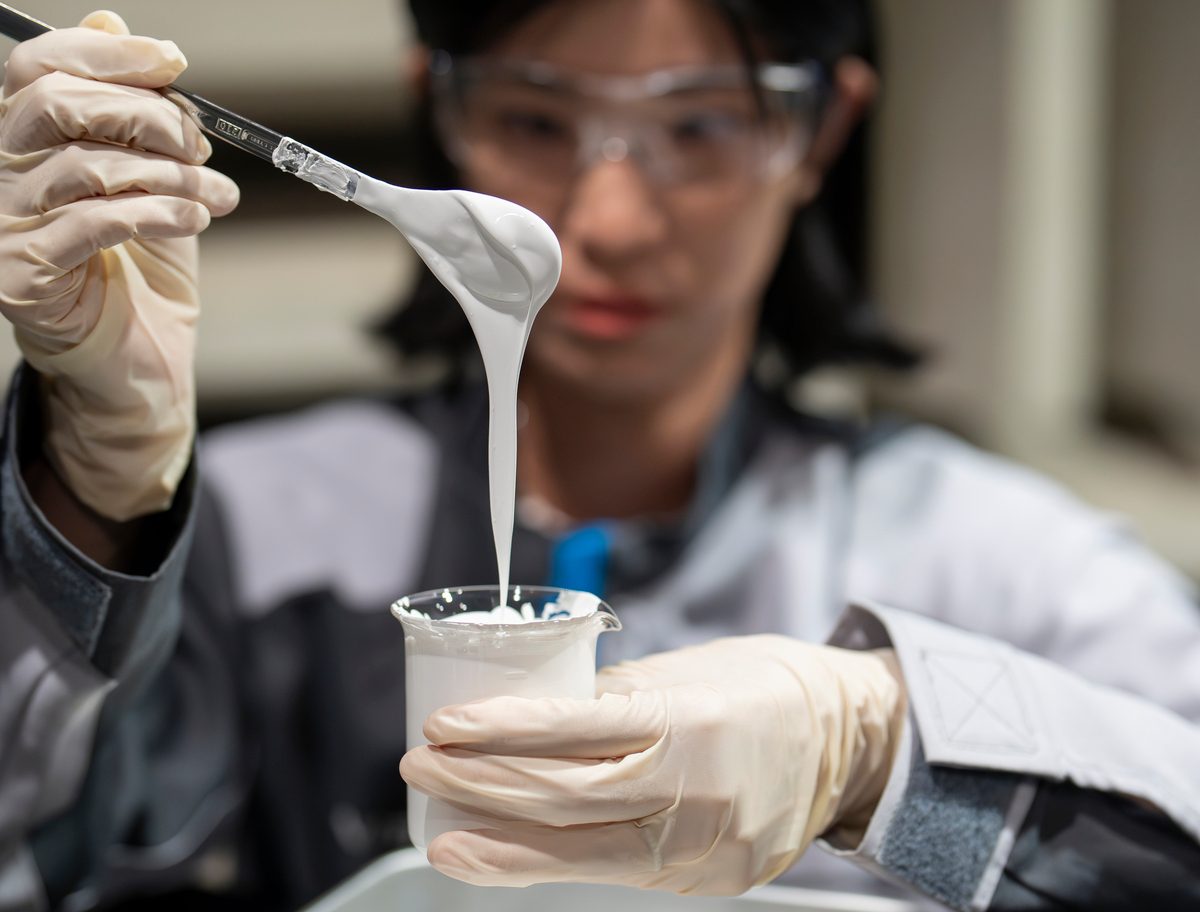Another Cool Paint Development from Nissan
Words NZ Autocar | Images Nissan
Nissan is famous for making interesting paints. The Japanese giant once created a paint surface that healed itself after minor scratching.
Now it is onto something truly cool for its customers. In partnership with Chinese company Radi-Cool, it is developing an automotive paint that can significantly lower the temperature of a vehicle parked in direct sunshine. Tests have shown that treated cars stay up to 12°C cooler than untreated cars.

Climbing into a car parked in direct sun is distinctly unpleasant. Engineers at Nissan Research Center are working on a paint that contains metamaterials. These reflect the sun’s rays more efficiently.
Two types of particles are involved, one reflecting near-infrared wavelengths while the other creates “electromagnetic waves”. According to Nissan the latter redirect energy away from the vehicle and vent it directly into space. They describe it as radiative cooling technology.
Nissan has tested the paint using an NV100 service vehicle at Haneda International Airport. The treated vehicle is up to 12°C cooler on the external surfaces, and up to 5°C cooler inside the cabin compared to a control vehicle.
Such paints are generally ultra white and contain ceramic, glass, or titanium dioxide particles.
There are some drawbacks with the technology so it is not yet ready for the production line. The particles are thicker than vehicle paint, which is problematic and to be effective there can be no topcoat, which reduces durability.

Further work is underway to make thinner versions with similar cooling properties. The current version shows resistance to chipping, peeling, scratching, chemical reactions and other types of damage. It is also color fast and repairable. But it is chalky at present.
Once a production version is ready that can accept a topcoat, the technology will be deployed on regular production vehicles. Nissan hopes to offer the technology in a variety of colours.






